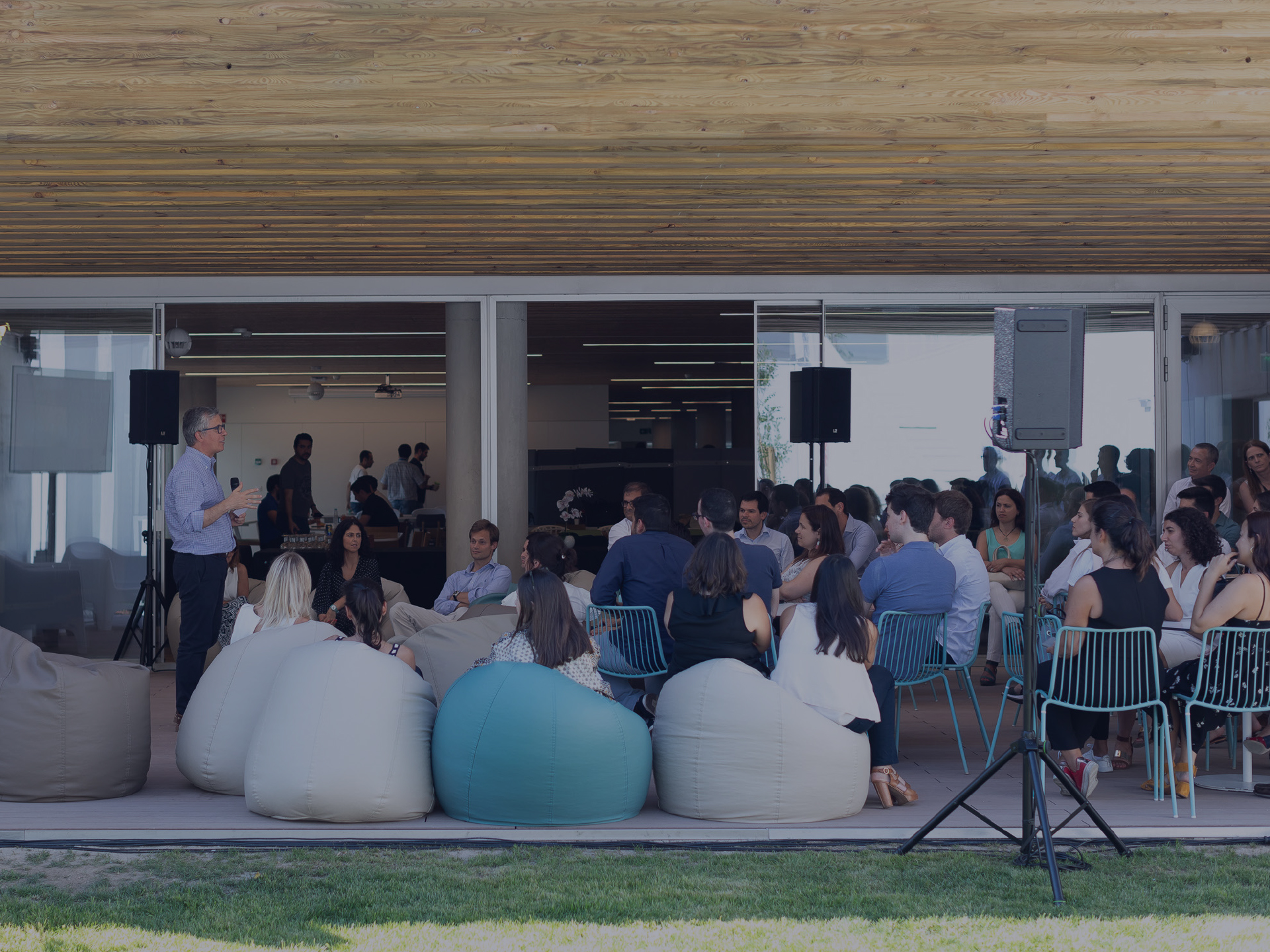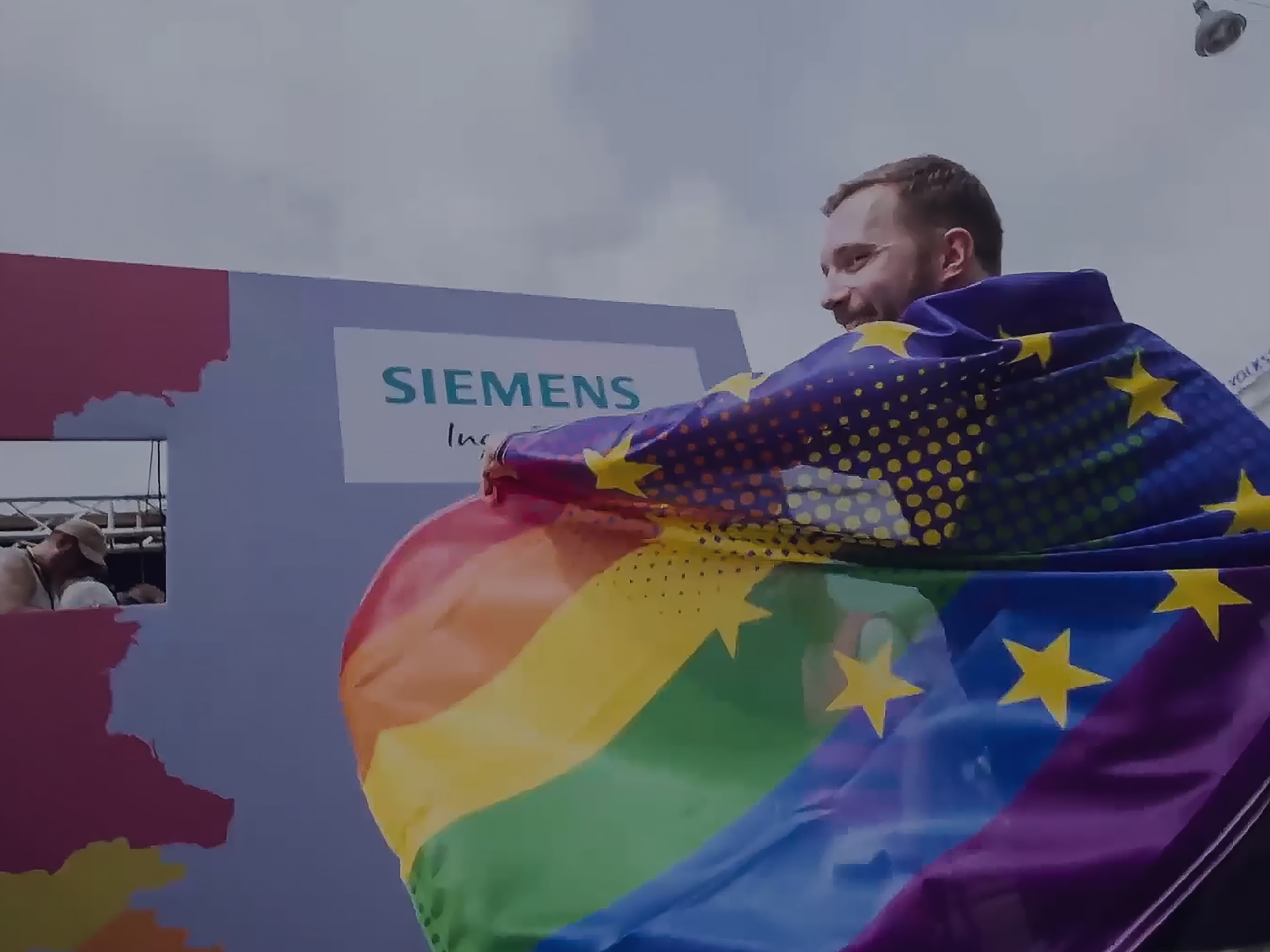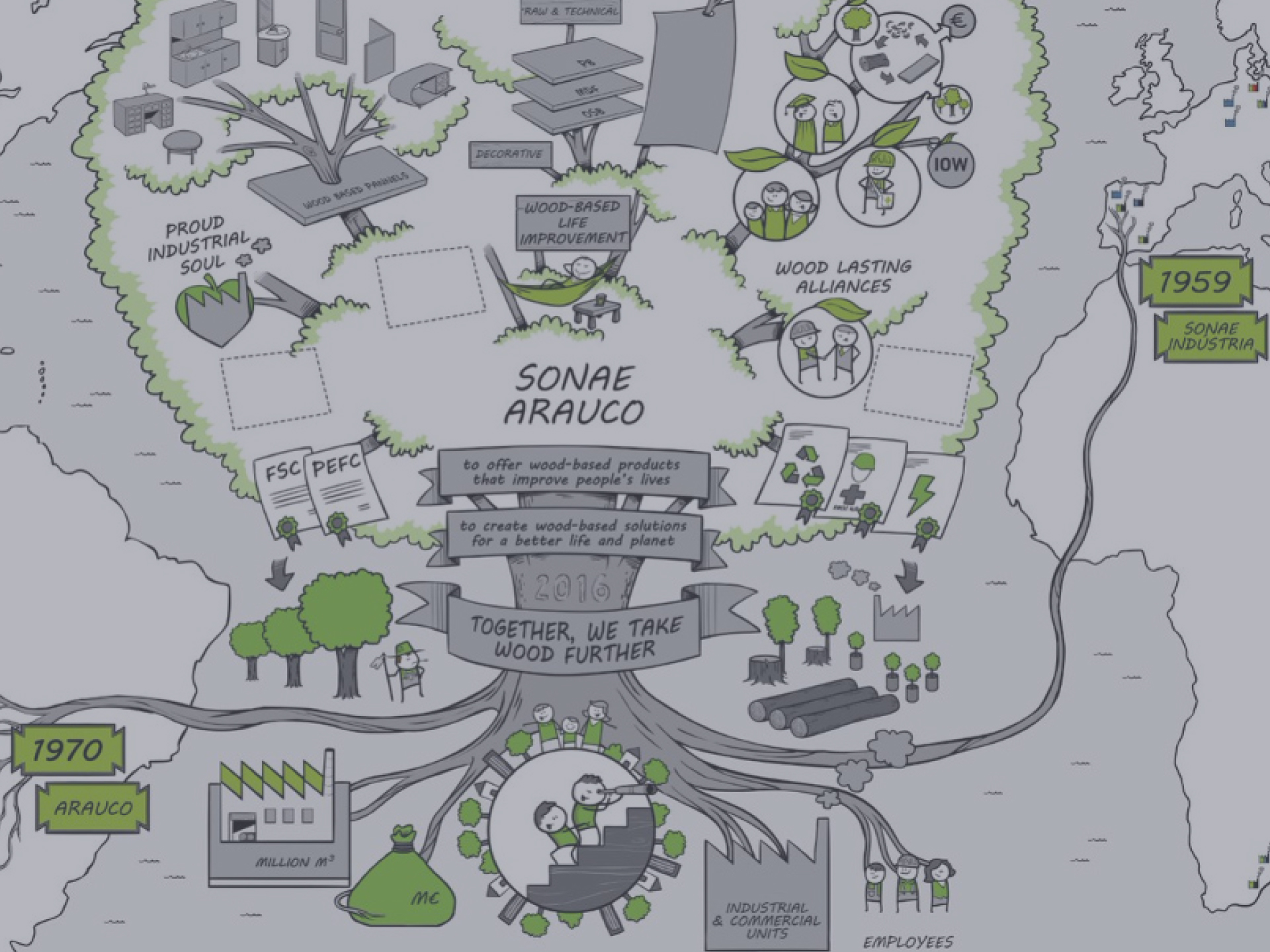

Creating learning opportunities by taking advantage of our age diverse workforce
Background

In an organisational context where four generations with significantly different profiles and ambitions coexist, Sonae MC, the food retail branch of Sonae Group, felt the need to leverage the value of this age diversity by bringing together employees of different ages in a mentoring relationship so that they can know each other better, while sharing their life experiences and knowledge. With that in mind, the Reverse Mentoring Programme was designed and rolled out.
What did you want to achieve?
The Reverse Mentoring programme aims to bring leaders and young people together, creating intergenerational value by building bridges through debate and mutual learning on topics that leverage Sonae MC’s cultural transformation.
As part of the programme, the younger generation takes over as mentors and leaders as mentees, in a reverted mentorship. During this time, mentors share their points of view on issues such as technology, the impact that diversity and inclusion has on decision-making processes and discuss the generational gap with their mentees.
What did you do?
Sonae MC kicked the programme off with open sessions to present and explain the initiative. During these sessions, mentors and mentees were paired up according to some criteria: mentors should be up to 30 years old and mentees shoud be part of the top management layer.
Those that were interested in participating were asked about their skills and preferences. With this in mind, the pairs were created through a matching process. Mentors and mentees signed a commitment letter and received a Mentor/Mentee guide to help them through the journey. A learning platform managed the programme and ensured everyone was aligned.
During the programme, challenges were set in order to foster participants’ engagement. After six months, the pairs were brought together to receive their feedback, hear about their experiences and key learnings and identify strengths and areas to improve for future editions. A survey was launched to collect feedback from participants and assess whether the programme had succeeded in accomplishing the goals we defined at the start of the programme.
What are the results so far?
Launched in February 2019, the first edition comprised of 117 participants; 63 mentors and 54 mentees aged from 23 to 59 years old.
What have you learned?
The feedback collected was extremely important, helping to identify strengths and areas to improve in future editions. For example:
- Cultural transformation: Participants agreed that the objective of bringing together different generations was fully accomplished and helped promote a culture of greater proximity and informality.
- Mutual learning: Participants felt that the knowledge shared during the sessions was helpful for their job and has contributed to their personal development.
- Digital agility and innovation: A harder goal to achieve and an opportunity to develop in future editions. Most participants did not feel a significant increase in technological savviness.







